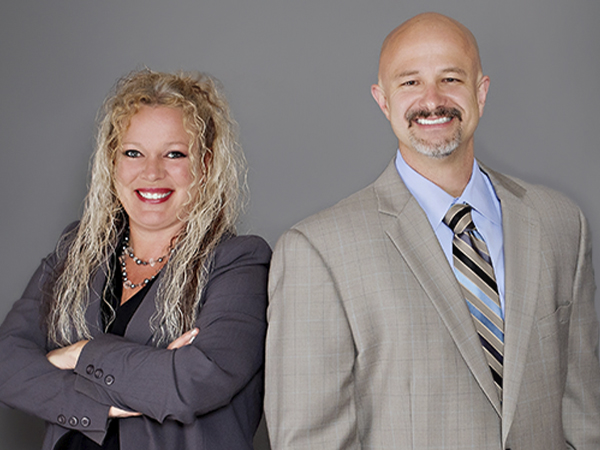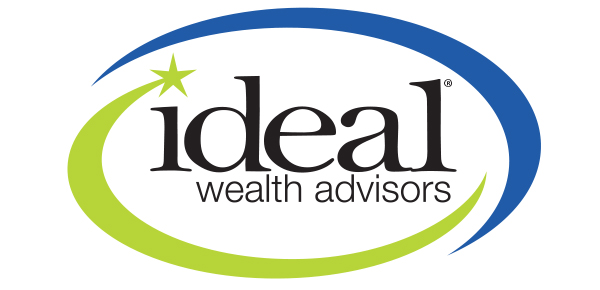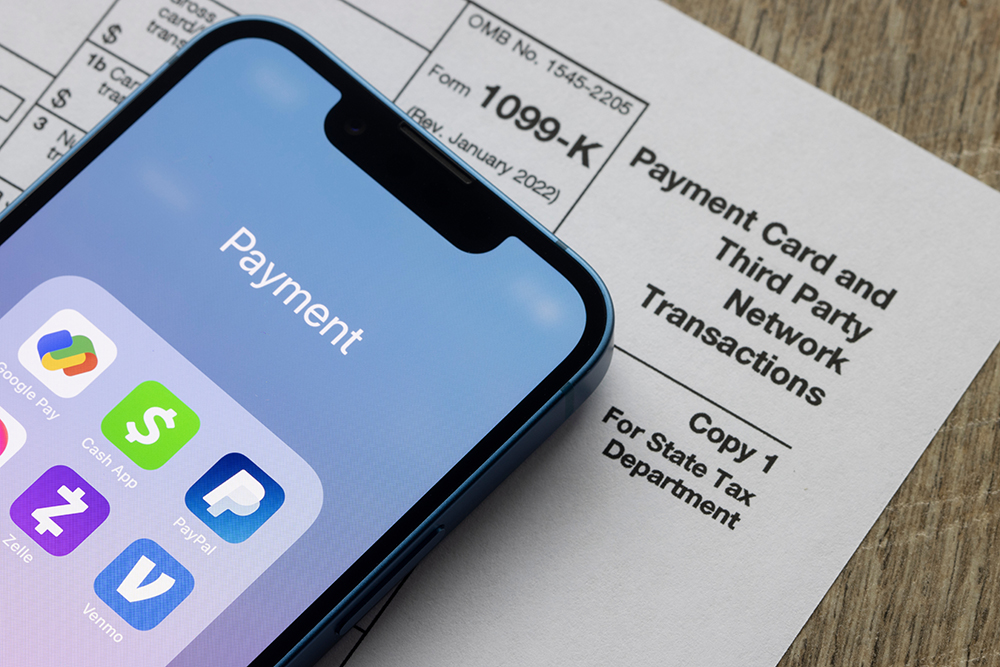SUBSCRIBE
Enter your Name and Email address to get
the newsletter delivered to your inbox.
Please include name of person that directed you to my online newsletter so I can thank them personally.


Craig Lundquist, MBA, ChFC®, CRPC®
VP of Wealth Management
651-773-2757
Kristin Becker
Senior Administrative Assistant
651-773-2821
Ideal Wealth Advisors
Located at Ideal Credit Union
8499 Tamarack Road
Woodbury, MN 55125
CRPC conferred by College for Financial Planning

Being self-employed has its perks, but it also has its challenges. If you work from home or have a side business, you are responsible for keeping accurate records and paying your fair share of income taxes. The IRS wants to make sure of that, too, and Form 1099-K helps the IRS - and you - do just that.
A change in your business structure could affect the information on the 1099-K form, so verify that everything is correct.
1-05373396
Enter your Name and Email address to get
the newsletter delivered to your inbox.
Please include name of person that directed you to my online newsletter so I can thank them personally.
Enter your Name, Email Address and a short message. We'll respond to you as soon as possible.
Securities and advisory services are offered through LPL Financial (LPL), a registered investment advisor and broker-dealer (member FINRA/SIPC). Insurance products are offered through LPL or its licensed affiliates. Ideal Credit Union and Ideal Wealth Advisors are not registered as a broker/dealer or investment advisor. Registered representatives of LPL offer products and services using Ideal Wealth Advisors, and may also be employees of Ideal Credit Union. These products and services are being offered through LPL or its affiliates, which are separate entities from and not affiliates of Ideal Credit Union or Ideal Wealth Advisors. Securities and insurance offered through LPL or its affiliates are:

The information and opinions contained in this web site are obtained from sources believed to be reliable, but their accuracy cannot be guaranteed. The publishers assume no responsibility for errors and omissions or for any damages resulting from the use of the published information. This web site is published with the understanding that it does not render legal, accounting, financial, or other professional advice. Whole or partial reproduction of this web site is forbidden without the written permission of the publisher.